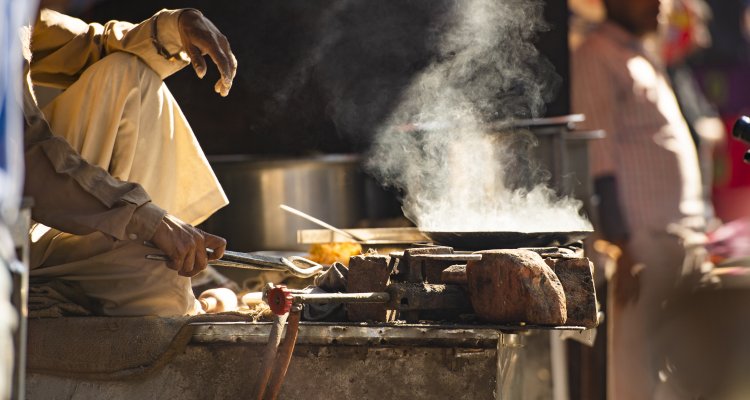
Project
Effective Policy Strategies and Instruments for Transforming Food Systems towards Healthier Diets
A PhD Research by Latiful Haque
Research introduction
Safe food is essential for food security. Yet many developing countries like Bangladesh face problems of unsafe food. In urban areas, whereas the upper economic class has some ability to deal with food safety concerns, poor people, and especially newcomers from rural areas, have fewer means to address this problem. This raises the question: what impedes Bangladeshi urban slum dwellers from accessing safe food.
Research challenges
The research aims to unpack the current daily food shopping practices and the recent changes they are going through. Urbanization, food contamination, and social relationships all have impacts on the factors underpinning food choices. Hence, the central research question of this PhD thesis is: How do Dhaka urban slum dwellers deal with food safety concerns through coping strategies in food shopping practices? In order to respond to this question, a practice theory approach is adopted. Theoretically, this thesis is interested in understanding food shopping practice as the interactions between the social agent’s (food consumer) lifestyle and the social structure (retail food provision) in a specific food environment. Thus safety concerns influenced by rural-urban migration and urban lifestyle will be analyzed by looking into how they are addressed through particular coping strategies in shopping practices. Understanding the relationship between concerns and practices will inform the food industry and public policy to promote poor people’s access to safe food. The study applies a mixed-method approach.